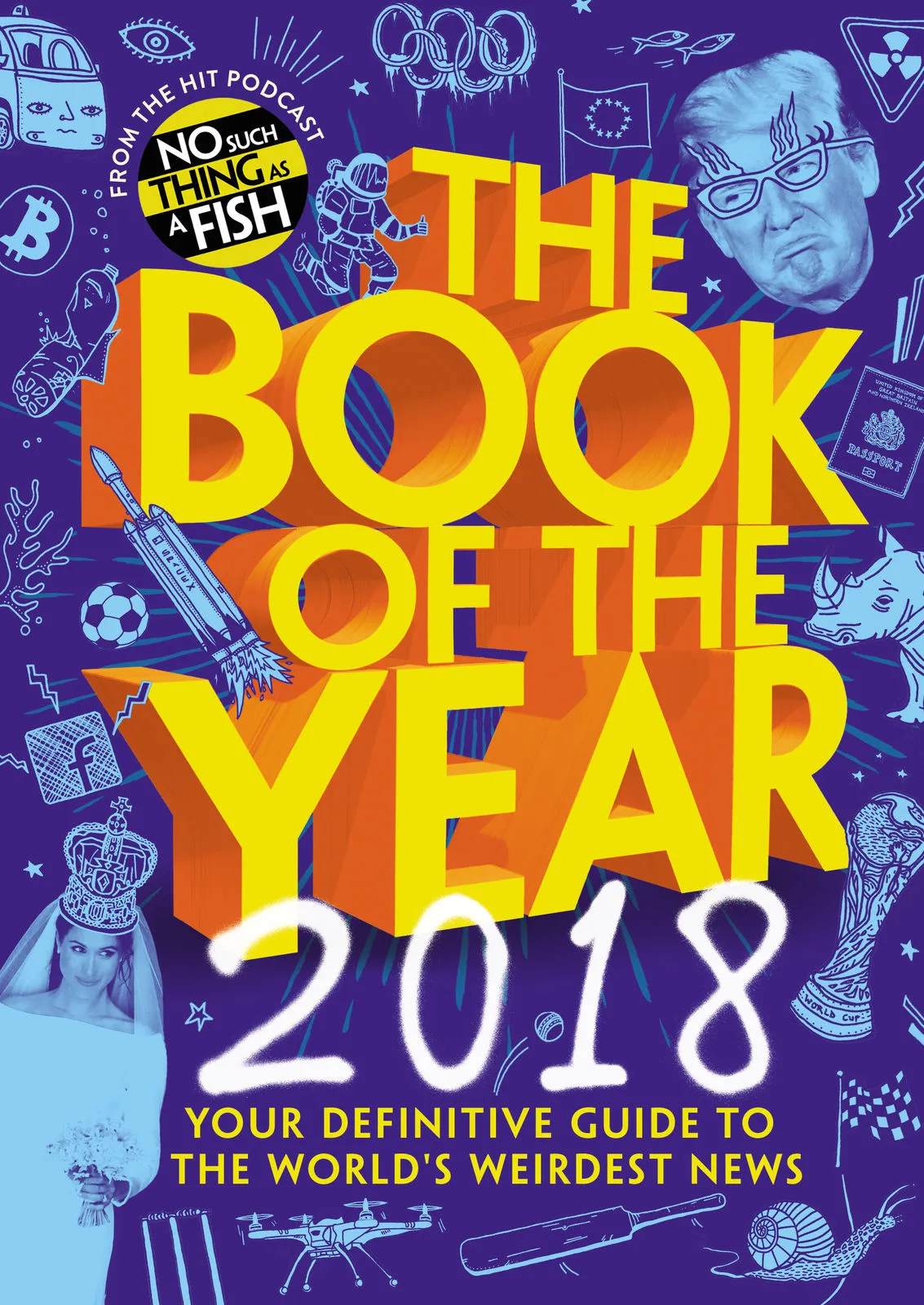2018 was a fascinating year for wildlife news, and the No Such Thing As A Fish podcast team have pulled together their favourite stories for their new book, The Book of the Year 2018. Here are their top 10:
1
American Airlines banned passengers from travelling with emotional support insects
Insects aren’t the only Emotional Support Animals that AA banned – emotional support amphibians, hedgehogs and ferrets are also no longer permitted. The move was a response to an 84% rise in urine-, faeces- and aggression-related incidents on planes in the last two years.
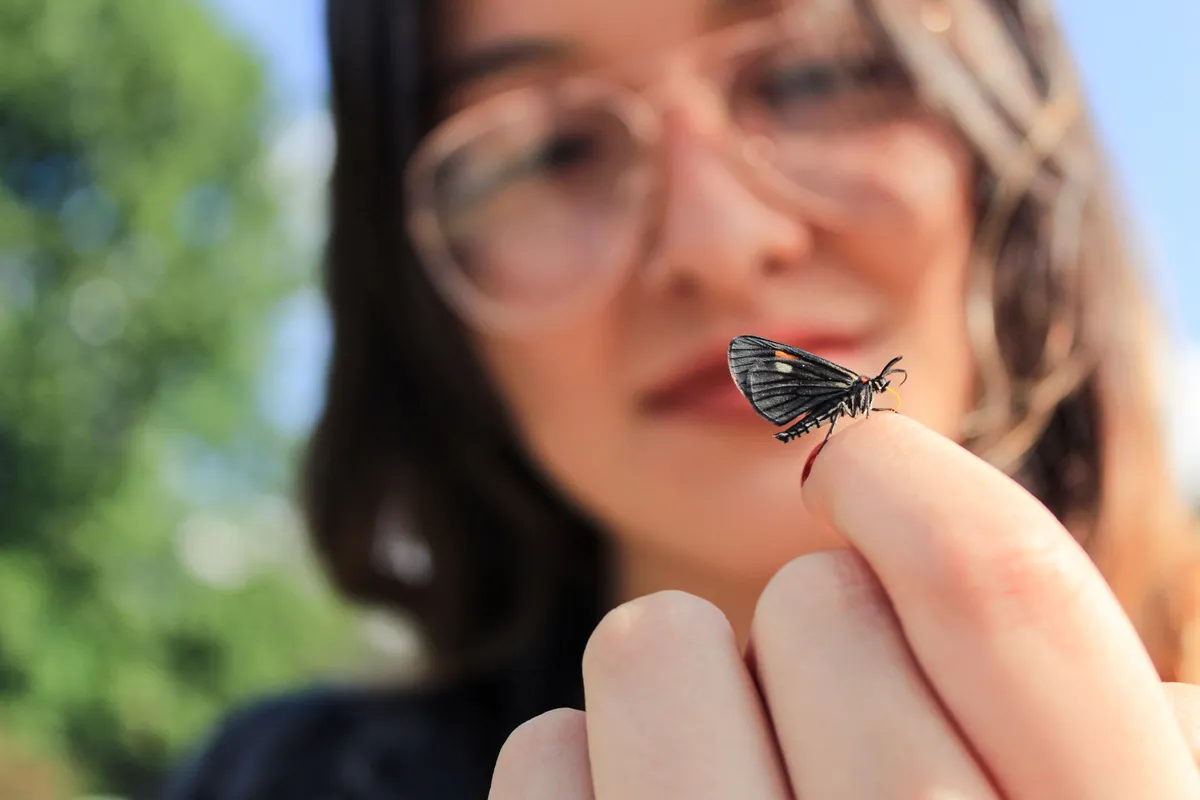
2
A snail racing contest was postponed because the snails were too ‘sluggish’
Competition organisers from the Dartmoor Union Pub in Plymouth were sadly let down when they went to the pet shop to collect their racing snails and were told they were ‘extra sleepy’ and therefore not fit to race. Happily, there were no such problems at the World Snail Racing Championships in July.
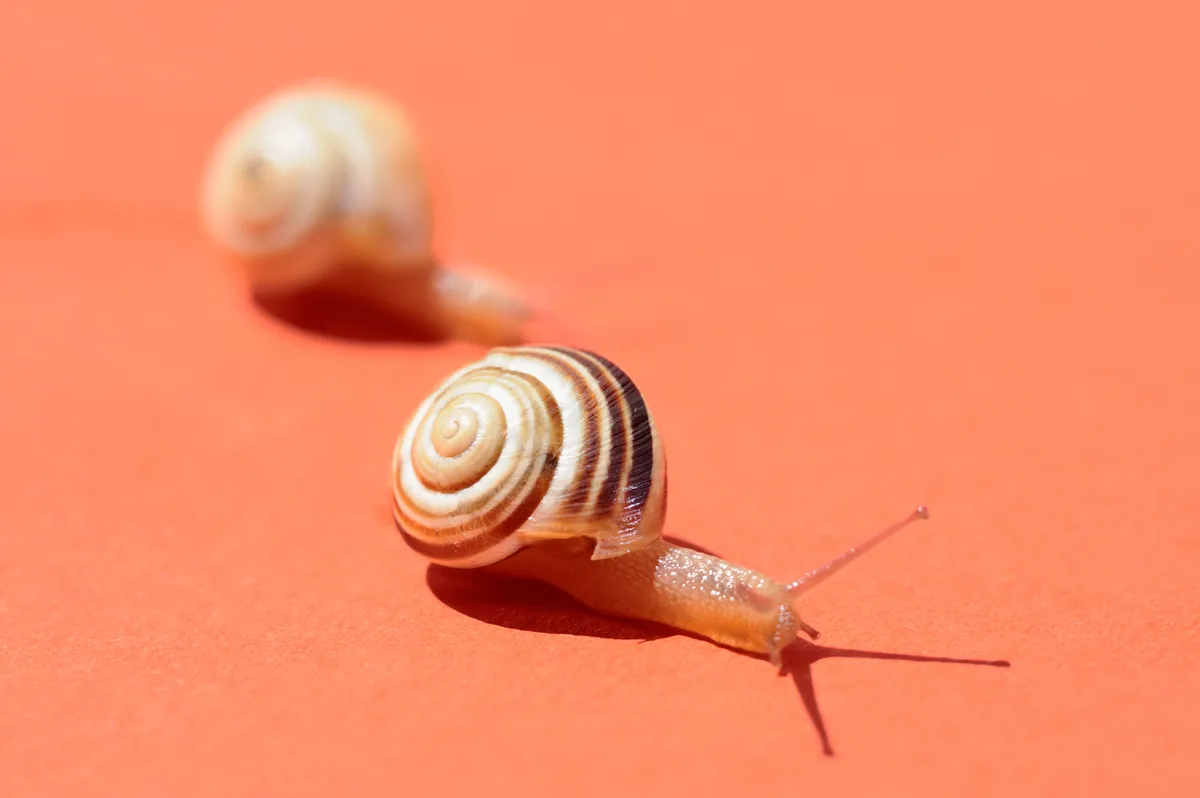
3
Scientists discovered that old dogs can learn new tricks
Scientists in Vienna found that elderly dogs can be taught new tricks – specifically, they can learn how to play touchscreen video games with their noses even at an advanced age. Not only that, but dogs which learned the new games became more engaged and happy.

4
Two Australian species are now officially endangered thanks to their marathon sex sessions
The species in question are the black-tailed dusky antechinus and the silver-headed antechinus. They are little marsupials which enjoy such a frantic, weeks-long mating period that by the end males and females alike are so exhausted they’re on the brink of collapse.
5
The world suffered an invasion of cloned crayfish
Marbled crayfish were first discovered in 1995. Since they can clone themselves, people who bought them as pets ended up dumping their unwanted extra crayfish into rivers. There are now clone colonies all over the world – in Berlin people have taken to eating them, under the euphemistic name ‘Berlin lobsters’.
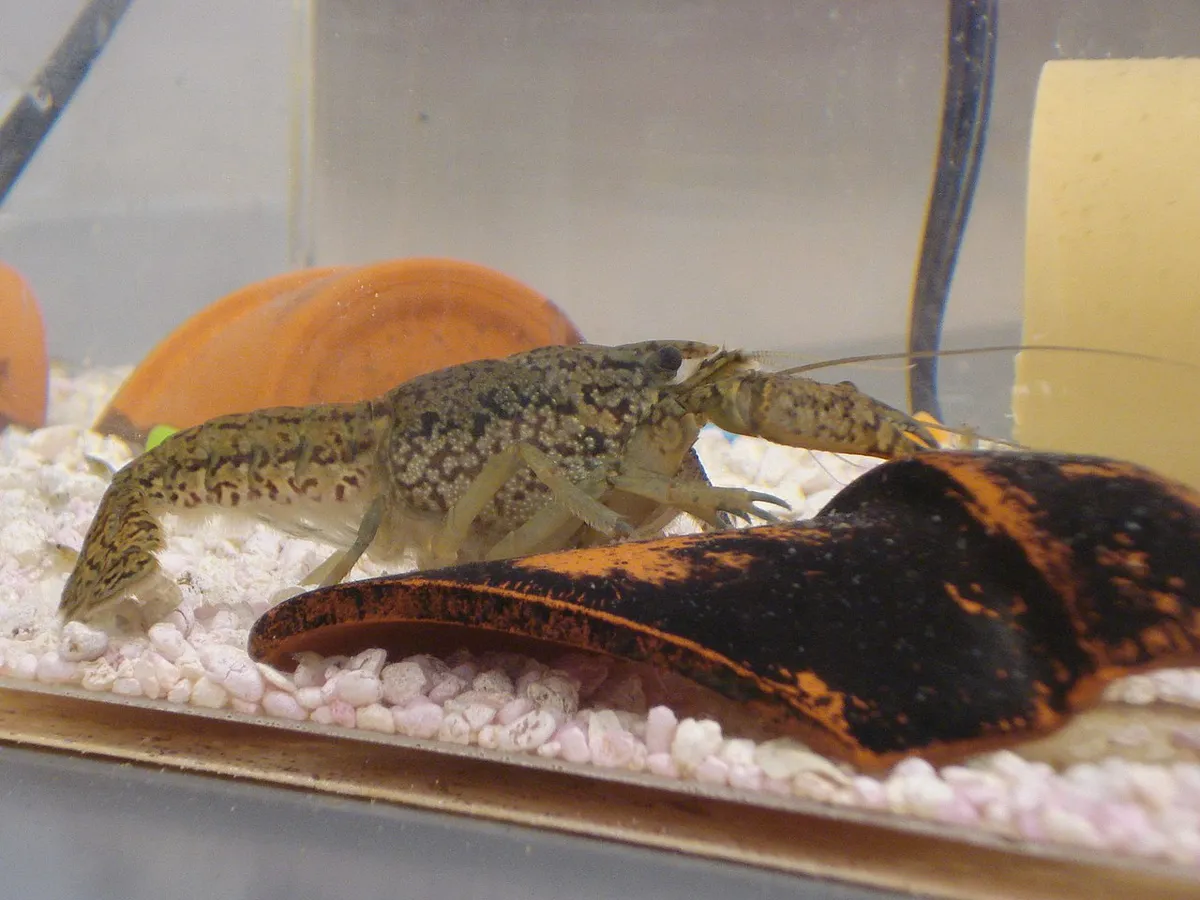
Read the full paper in Nature Ecology and Evolution.
6
Ornithologists tried to save endangered birds by giving them roadside gyms
Keas are charming, intelligent birds from New Zealand, but there are only 3,000 left in the wild. To stop them wandering onto dangerous roads, and to study their intelligence, scientists built roadside ‘kea gyms’ with ladders, swings and climbing frames, hoping they’d be distracted and keep out of danger. Unfortunately, just as they were installed, the keas moved to a new forest for the summer.
A clip from The Smartest Parrot on the BBC
Keas are also known to eat flesh. Sir David Attenborough and BBC filmmakers recorded them dragging shearwater chicks out of the nests and eating them. Watch the clip on the BBC Earth website.
7
New species discovered this year included an exploding ant, the world’s most colourful millipede and a hobbit shrimp with hairy feet
The exploding ant is the aptly named Colobopsis explodens. When their nest is threatened by predators, they blow up their own backsides with yellow goo.
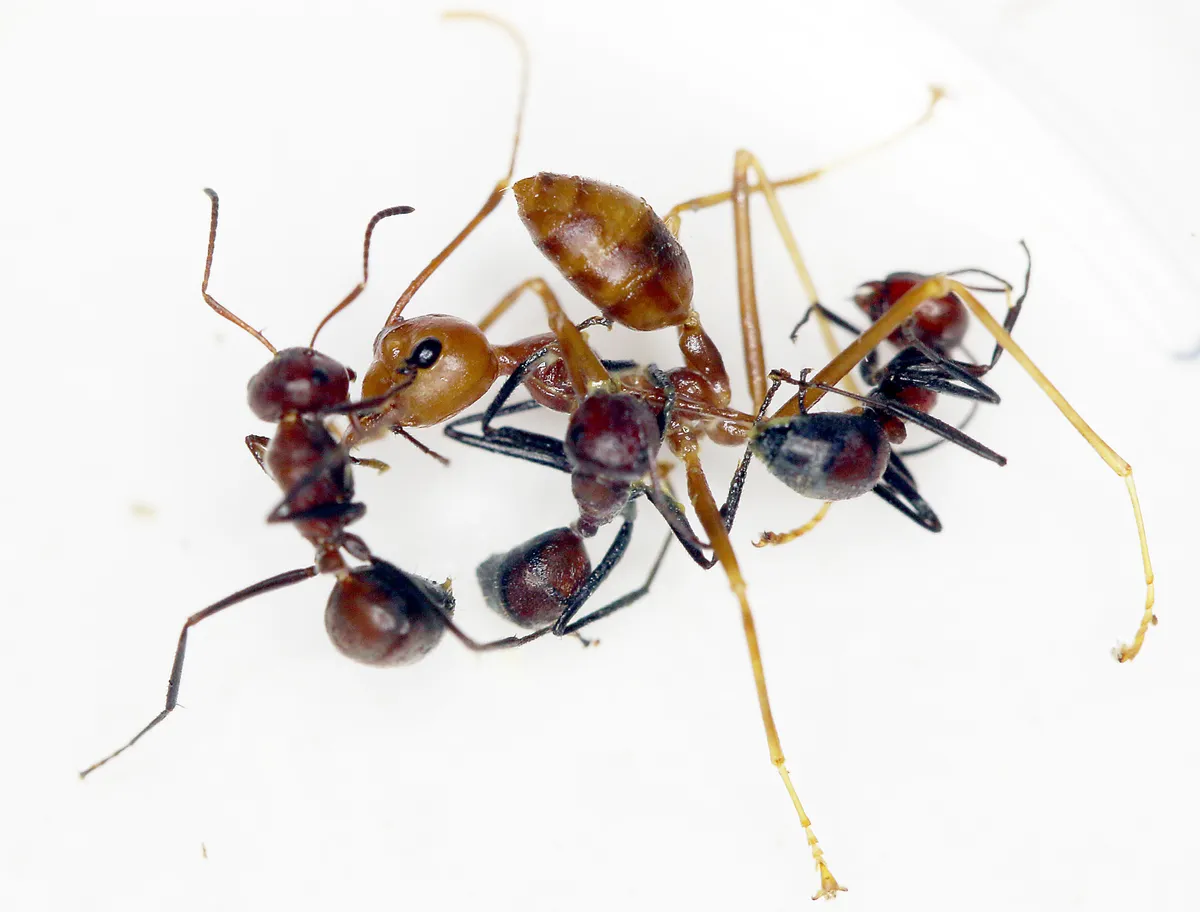
The world’s most colourful millipede is Apheloria polychrome – it’s also covered in cyanide.
And the hobbit shrimp is Odontonia bagginsi, which has little hairy feet and lives in a hole in a sea squirt.
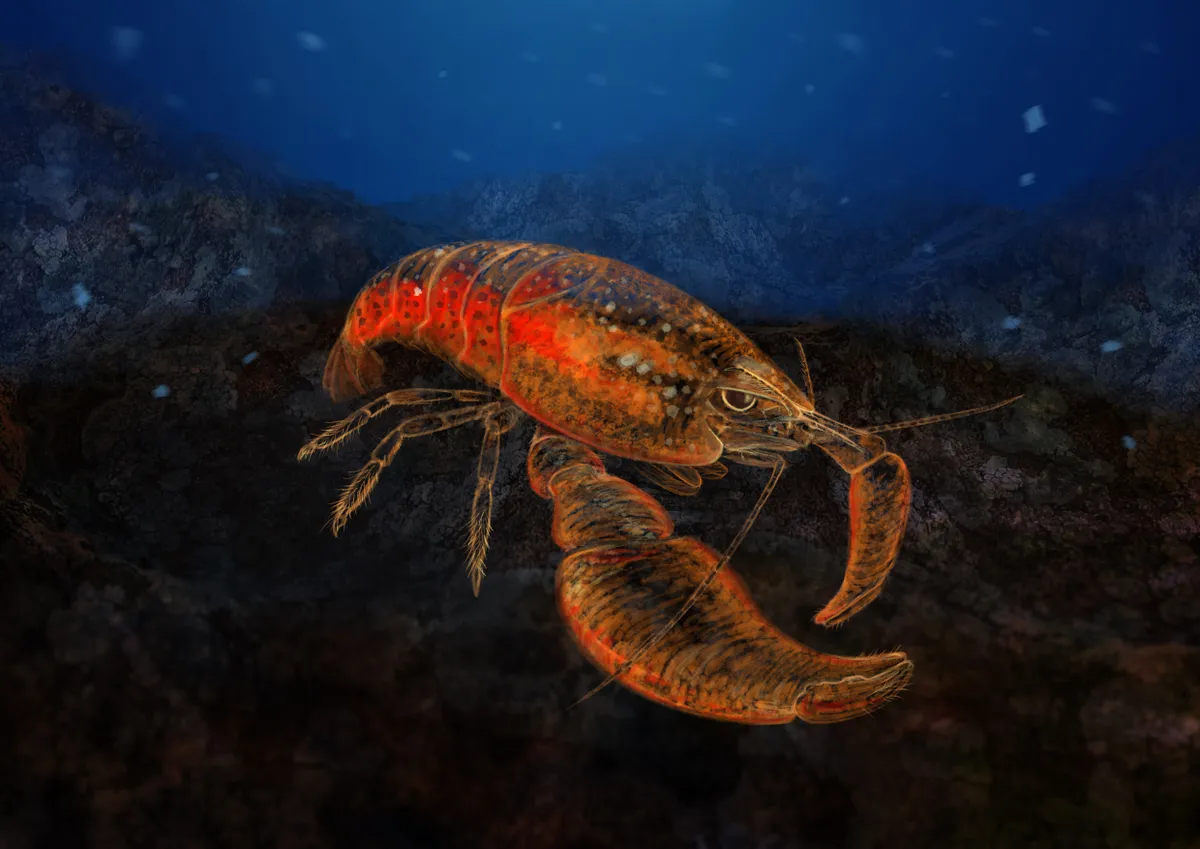
Read the full papers:
8
The world’s loneliest bird died, with only his concrete girlfriend for company
The New Zealand island of Mana is covered in concrete gannets, all designed to lure real gannets to nest there. Nigel the gannet was the island’s only real gannet resident – he had fallen for a concrete bird and spent four years living with ‘her’ before his own death this year. Tragically, soon before Nigel died, three more real birds joined the colony, including breeding females – but the ever-loyal Nigel chose to stay with his concrete girlfriend.
9
The world’s first retirement home for celebrity whales is being constructed
In 2019, two performing beluga whales known as Little Grey and Little White will retire after a career in Shanghai, and will move to their retirement home – 9,000 kilometres away. A special sanctuary is being built for them off the coast of Iceland. To get them ready, the temperature in their tank is slowly being lowered, and they’re being fed lots of herring so they can build up their blubber.
10
Poland announced a 1200-kilometre fence solely to stop wild boar
The barrier will run along Poland’s borders with Ukraine, Russia and Belarus to stop wild boar getting into the country – they carry a disease called African swine fever which can be fatal to farmed pigs.
Poland isn’t the only one – Denmark announced its own 70-kilometre barrier with Germany too. Unfortunately for Denmark, any boar approaching from Germany will be able to simply swim round the barrier, via a fjord.
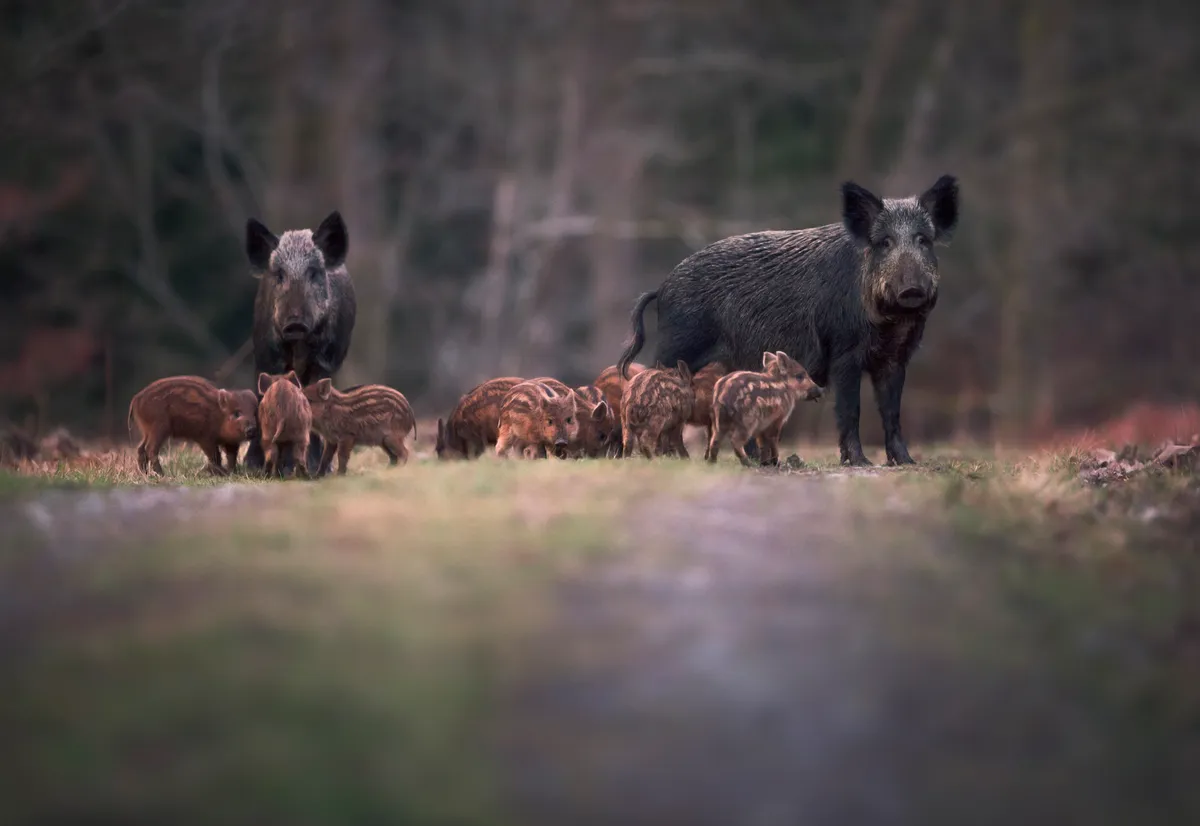
These facts are extracted from The Book of the Year 2018, by No Such Thing As A Fish, published by Random House Books, £12.99.
